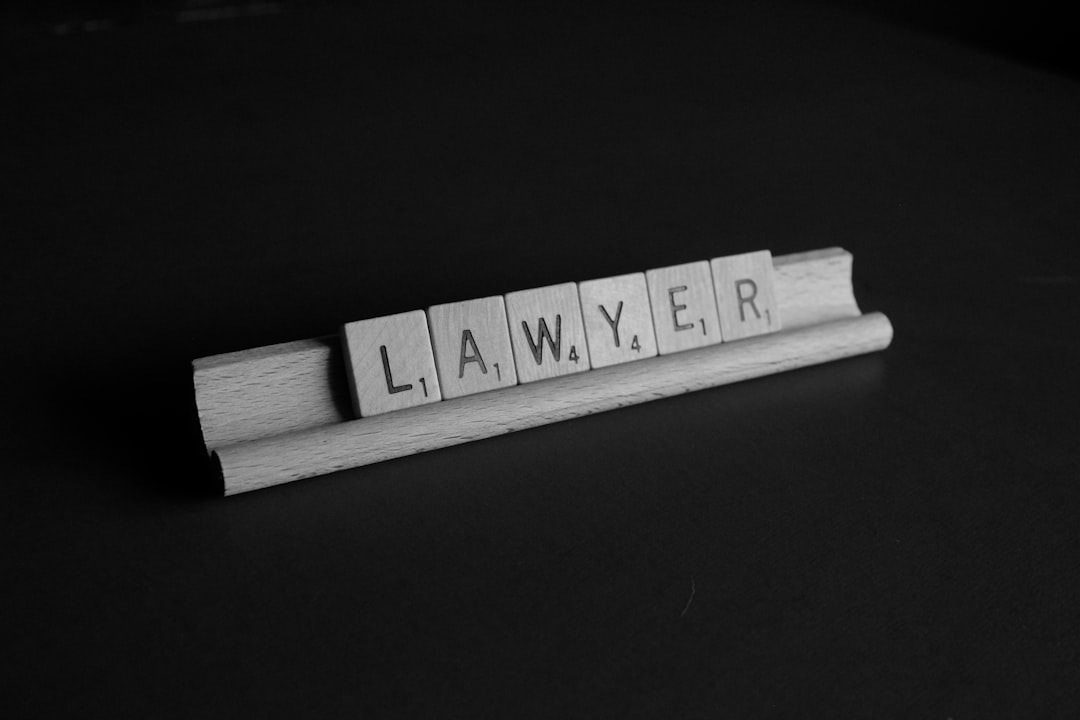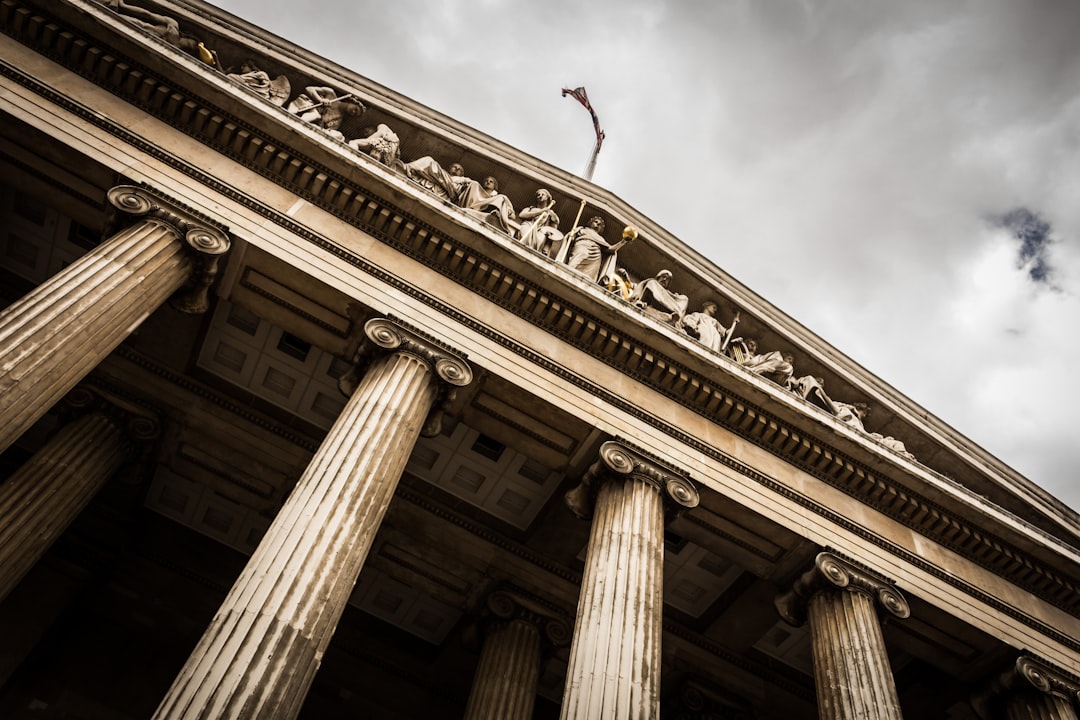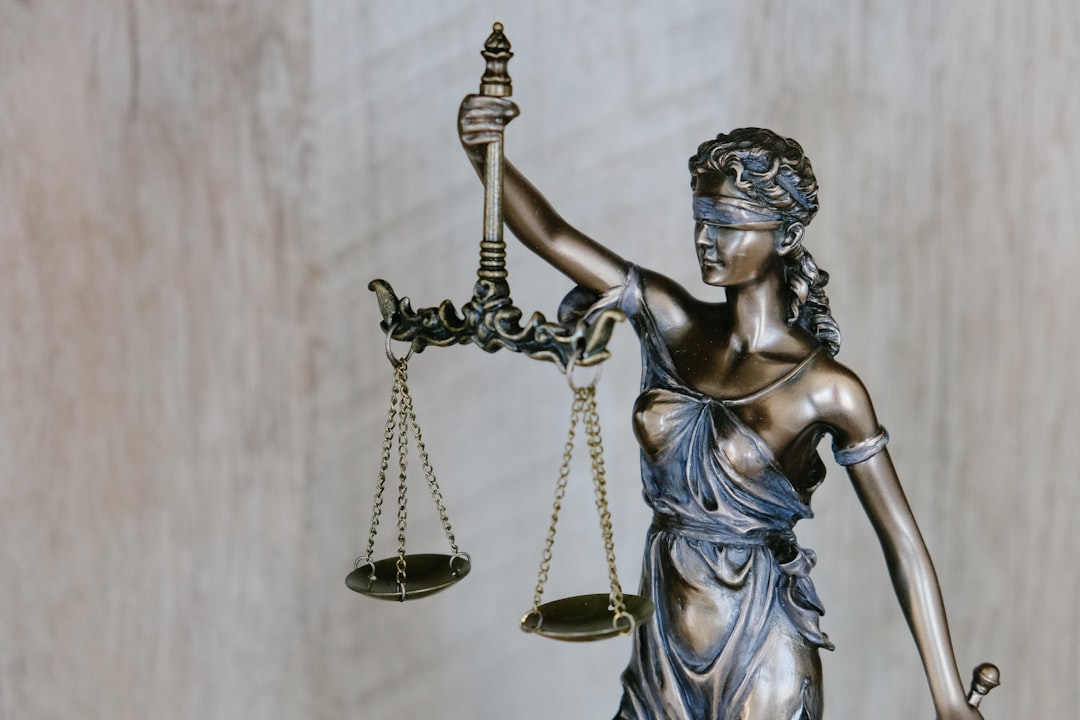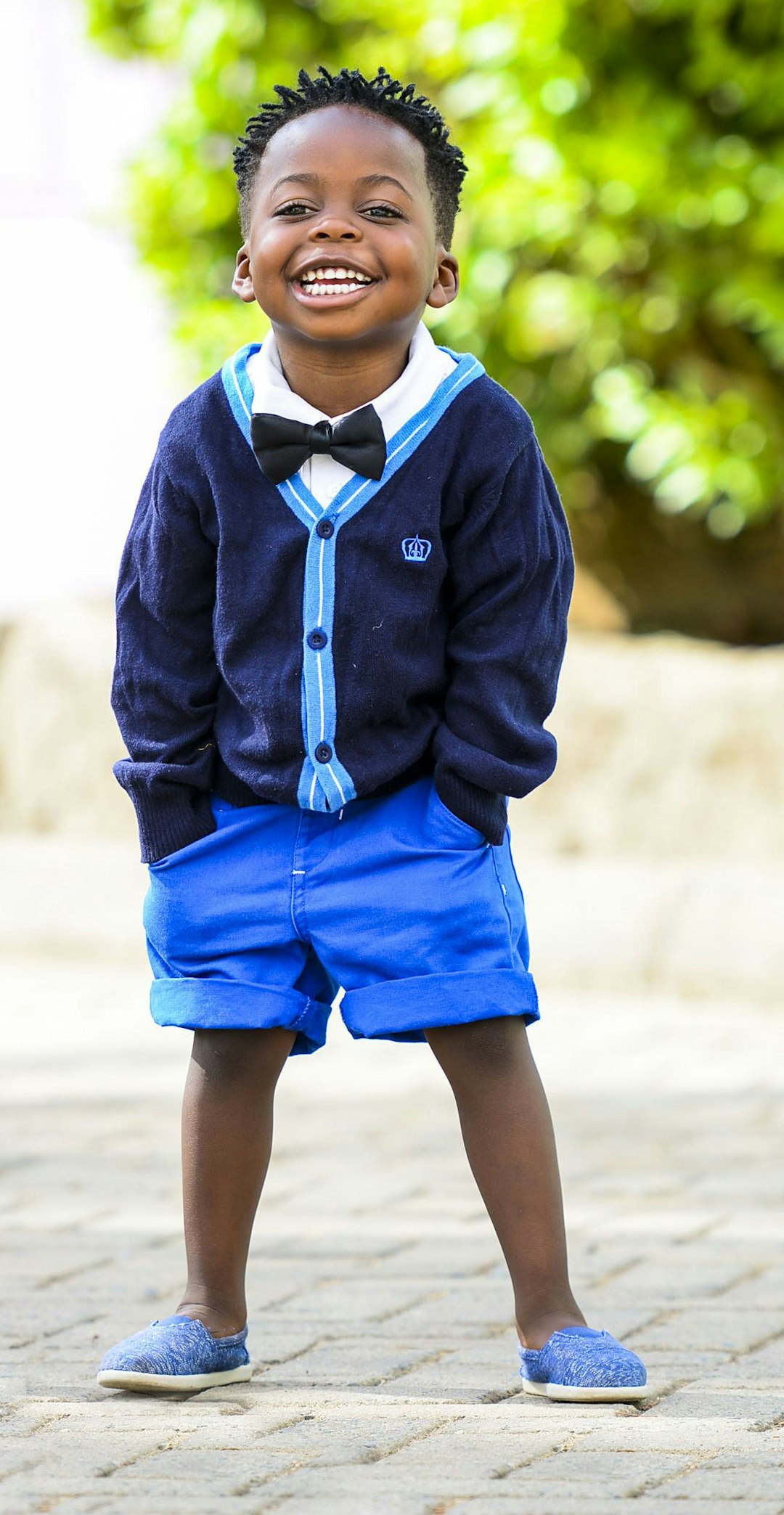Child abuse attorneys in New York City collaborate with child psychologists to address complex cases. Psychologists provide crucial psychological evaluations and therapy strategies, while attorneys navigate legal systems and collect evidence. Effective communication, trust-building, and understanding of diverse evidence types are key to successful advocacy for vulnerable children, emphasizing the vital role of this partnership in securing justice.
Working with child psychologists in NYC abuse cases is crucial for both legal proceedings and victim support. This comprehensive guide, tailored for child abuse attorneys in New York, explores key aspects of collaboration within the legal framework. From understanding the roles of child psychologists to building trust through effective communication, evidence collection techniques, and ethical considerations, this article equips lawyers with essential tools to navigate these complex cases effectively.
Understanding Child Psychologist Roles in NYC Abuse Cases

In New York City, child psychologists play a pivotal role in handling and mitigating cases of child abuse. These professionals are often engaged by both law enforcement and legal entities, including child abuse attorneys, to offer expert insights and testimony. Their primary function is to assess and evaluate the psychological well-being of affected children, providing crucial evidence that can aid in legal proceedings. With their comprehensive understanding of child development and trauma responses, psychologists help courts make informed decisions, ensuring the safety and best interests of the child are prioritized.
They also contribute significantly to therapy and intervention strategies, supporting both the child and their family. By collaborating closely with child abuse attorneys, these psychologists can help navigate complex legal systems, offer professional opinions, and ultimately advocate for the justice and healing of survivors. Their expertise is instrumental in securing convictions and ensuring that perpetrators are held accountable, thereby contributing to a safer environment for vulnerable children in NYC.
Legal Framework for Collaborating with Child Experts

In New York, working with child psychologists is a critical aspect of handling child abuse cases. The legal framework for collaborating with child experts is well-defined, ensuring that every child’s best interests are at the forefront of the process. A child abuse attorney in NYC plays a pivotal role in this collaboration, facilitating communication and coordinating efforts between legal representatives, healthcare professionals, and mental health specialists.
This partnership is governed by strict confidentiality laws, protecting sensitive information shared during therapy sessions. Such collaborations are crucial for comprehensive case management, as child psychologists provide valuable insights into the emotional well-being and developmental needs of abused children. This interdisciplinary approach ensures that legal strategies are informed by psychological evaluations, fostering more effective advocacy for victims of child abuse.
Building Trust: Communication Strategies for Lawyers

Establishing trust is paramount when working with child psychologists in NYC abuse cases, especially for lawyers navigating this delicate landscape. Effective communication strategies are key to fostering an open and collaborative environment, which can significantly impact the outcome of legal proceedings. Child abuse attorneys in New York should employ clear, empathetic, and non-judgmental language when interacting with both the psychologist and the child client. Active listening ensures that all parties feel heard and understood, encouraging candid discussions about sensitive topics.
Lawyers should be mindful of their tone, body language, and word choice to create a safe and supportive atmosphere. This may involve simplifying complex legal jargon for the psychologist’s understanding while using age-appropriate language with the child to ensure comprehension and comfort. Building trust through open communication can lead to more reliable information gathering and evidence collection, ultimately benefiting the client’s case as a whole.
Evidence Collection & Analysis: A Lawyer's Guide

In child abuse cases in NYC, evidence collection and analysis are crucial steps for a child abuse attorney. Legal professionals must navigate complex procedures to ensure admissible and compelling evidence that supports their case. This involves understanding various forms of evidence, including physical, medical, and forensic records, as well as expert testimony from psychologists who specialize in childhood trauma.
Effective collection starts with thorough documentation of the initial assessment and interviews with clients and witnesses. Lawyers should also be familiar with state laws governing evidence rules to avoid inadmissible evidence. Analyzing this data requires a strategic approach, considering its relevance, reliability, and potential impact on the case. By collaborating closely with child psychologists, who can offer insights into a child’s behavior and emotional responses, attorneys can gain valuable interpretations that strengthen their argument in court for justice for their young clients.
Supporting Survivors: Ethical Considerations & Best Practices

Supporting survivors of child abuse is a complex and sensitive process that requires specialized expertise. Child psychologists in NYC play a pivotal role in this support system, offering therapy and evaluation services to help young victims heal and recover. When working with these psychologists, it’s essential for child abuse attorneys in New York to adhere to strict ethical guidelines and best practices to ensure the well-being of the survivors.
One of the primary considerations is maintaining confidentiality. Lawyers must respect the privacy of their clients and the sensitive nature of the information shared during therapy sessions. Collaboration between attorneys and psychologists should be guided by clear agreements, ensuring that communication remains confidential. Additionally, fostering an environment of trust and non-judgmental support is crucial to encourage survivors to share their experiences openly. Child abuse attorneys in NYC should ensure they are well-versed in the latest therapeutic techniques and research to provide effective advocacy and refer clients to appropriate psychological care.





